A fertility expert explains these common concerns
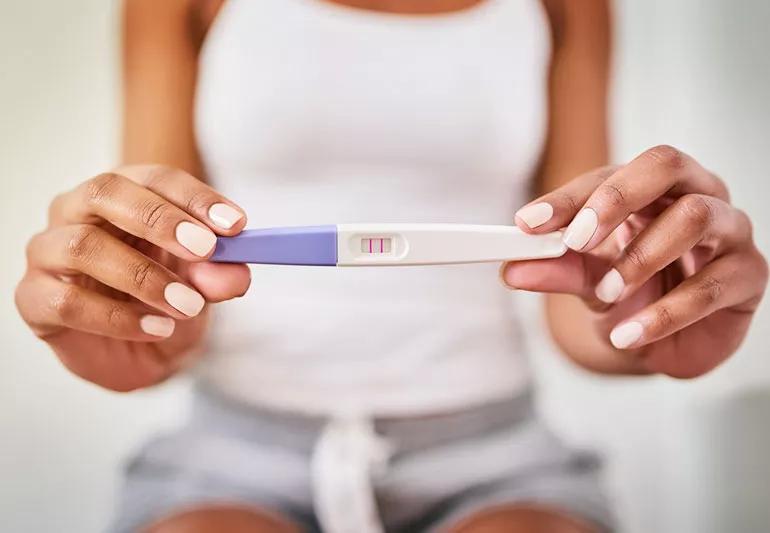
Fibroids, or noncancerous growths that develop in the wall of the uterus, are extremely common. But if you have them and hope to start a family, you might wonder if they’ll throw a wrench in your carefully laid mom-to-be plans.
Advertisement
Cleveland Clinic is a non-profit academic medical center. Advertising on our site helps support our mission. We do not endorse non-Cleveland Clinic products or services. Policy
Here, fertility expert Julierut Tantibhedhyangkul, MD, explains what you need to know.
A: Most fibroids don’t, but some can ― depending on their size and location ― interfere with the sperm’s ability to get to the egg, fertilization or the implantation of an embryo. Fibroids can also get in the way during a pregnancy if they’re positioned in the uterus where the baby needs to be. In most instances, though, doctors will advise leaving fibroids alone and closely monitor your pregnancy.
A: The good news is there are many treatment options. But it’s important to know there’s no one-size-fits-all solution. Your doctor can recommend the most effective and safest option for you, based on your family goals, symptoms and the location, size and number of fibroids.
Your doctor may recommend a surgical procedure to remove fibroids while preserving your fertility, called a myomectomy. Exactly how it’s done depends on the size and location of the fibroids (also known as myomas).
If the fibroids grow significantly into the uterine cavity, the procedure may be done through your vagina by hysteroscopy. If the fibroids are located in the wall of the uterus or on its surface, the surgeon might consider removing them by laparoscopy — through several small abdominal incisions. An open surgery might be needed if the fibroids are large or if there are many of them. After the myomectomy, your uterus is repaired and functions normally.
Advertisement
Your doctor will discuss the benefits, risks and potential complications of any treatment option with you.
A: You’ll need to wait three to six months after your myomectomy to start trying to get pregnant to give your uterus time to heal.
How many fibroids you had removed plays a role in whether you’ll be able to get pregnant. Research shows women who have had more than six fibroids removed are less likely to conceive than women with fewer fibroids taken out. Some women who had myomectomy might also need to deliver a baby via C-section since the procedure may weaken the uterus.
Advertisement

Sign up for our Health Essentials emails for expert guidance on nutrition, fitness, sleep, skin care and more.
Learn more about our editorial process.
Advertisement

To help manage symptoms, switch to more absorbent period products, make healthy lifestyle changes and explore treatment options
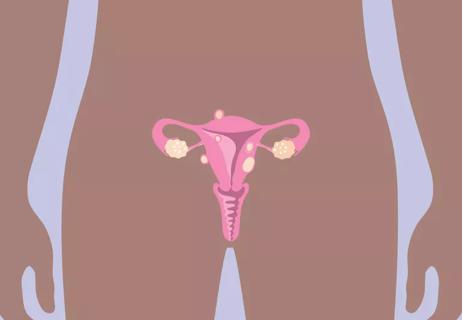
Depending on their size, these noncancerous growths can create an abdominal bulge

Depending on size and location, they can affect your rectum, stomach, bladder and kidneys
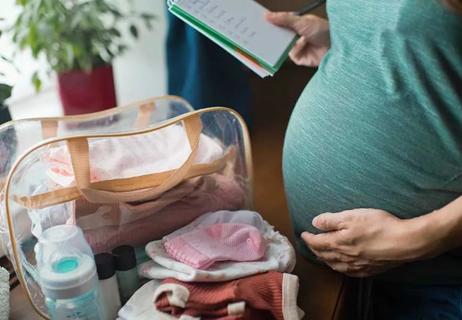
No one can predict exactly how your labor will go — but you can share your preferences

Eating more fruits and veggies and less red meat could help prevent or shrink fibroids

How uterine fibroids can change with your body
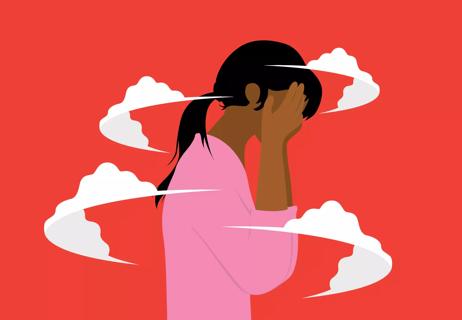
If you’re living through fatigue due to fibroids, there are ways to cope
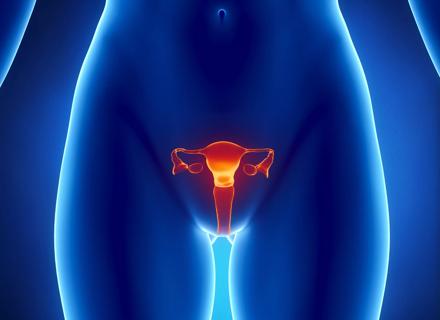
Treatments can help, besides a hysterectomy

Even small moments of time outdoors can help reduce stress, boost mood and restore a sense of calm

A correct prescription helps your eyes see clearly — but as natural changes occur, you may need stronger or different eyeglasses

Both are medical emergencies, but they are very distinct events with different causes